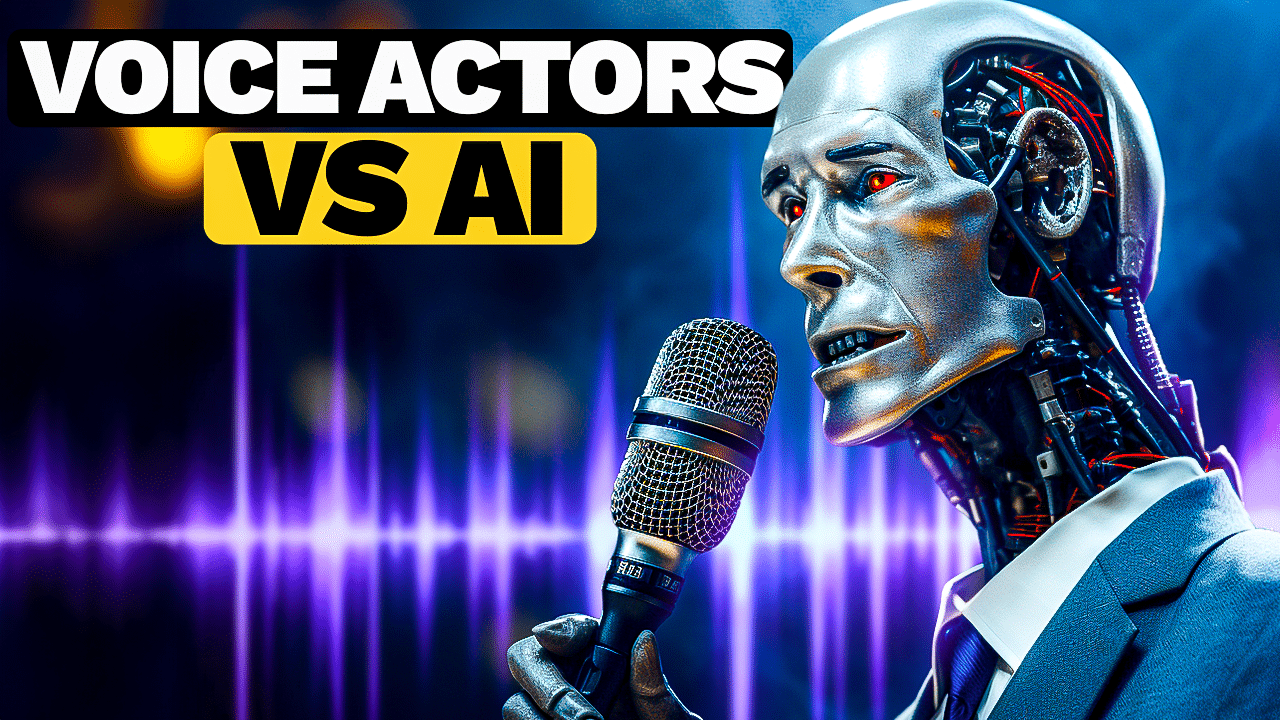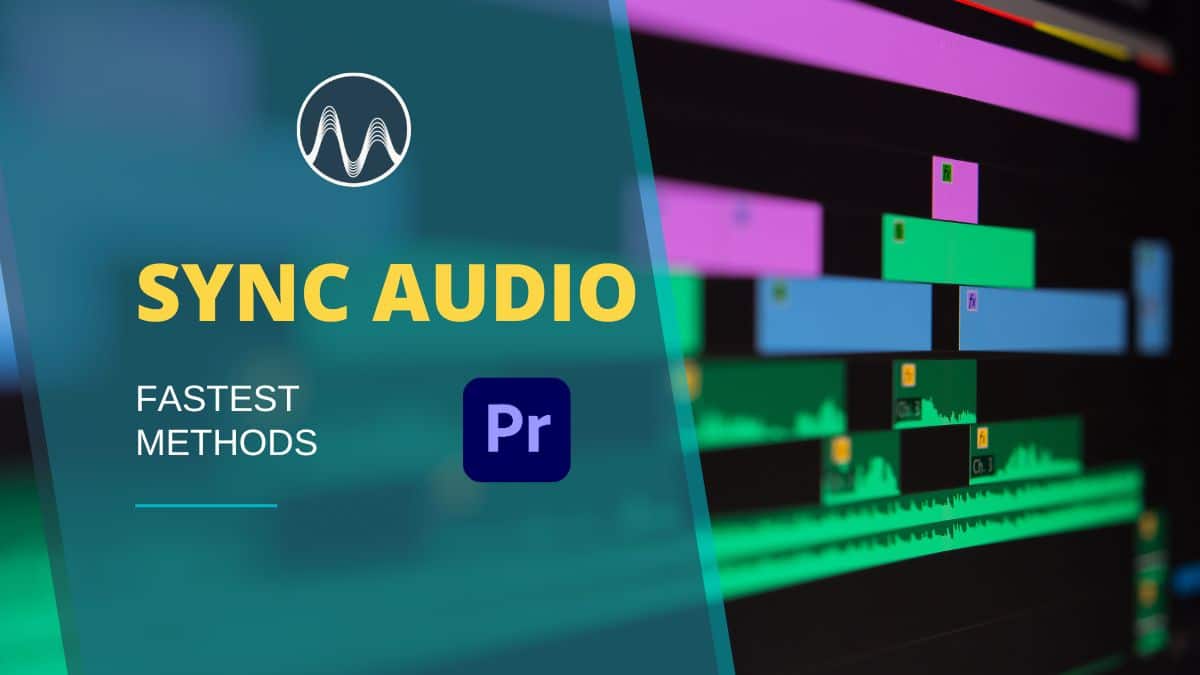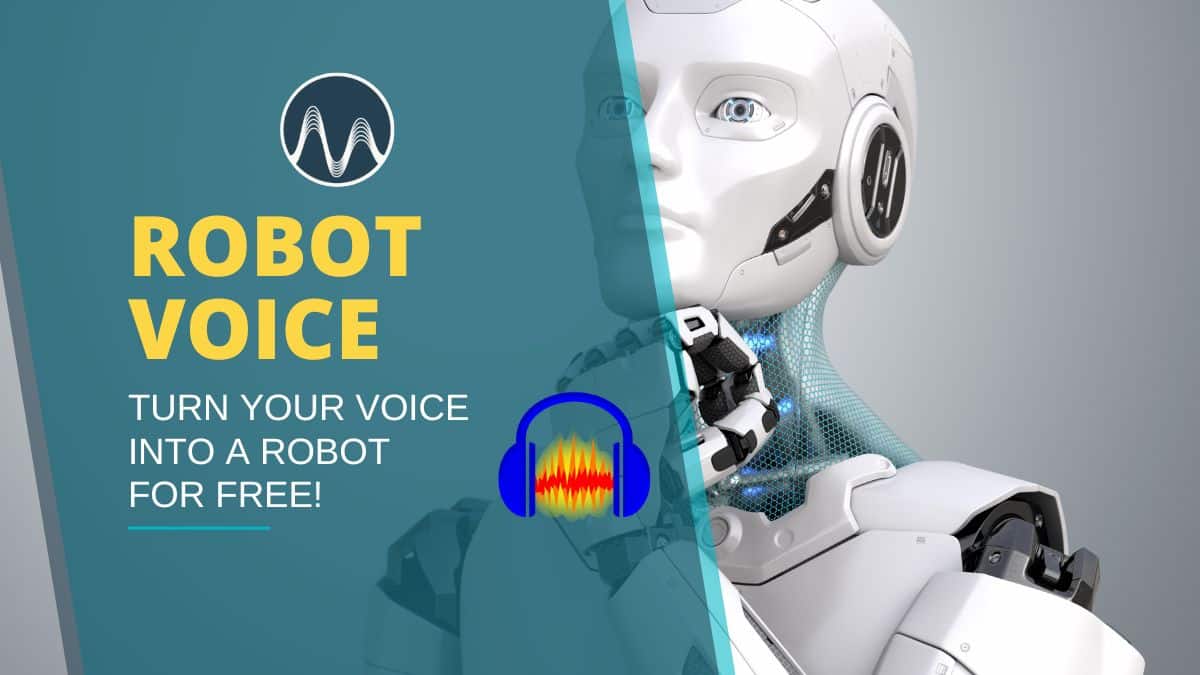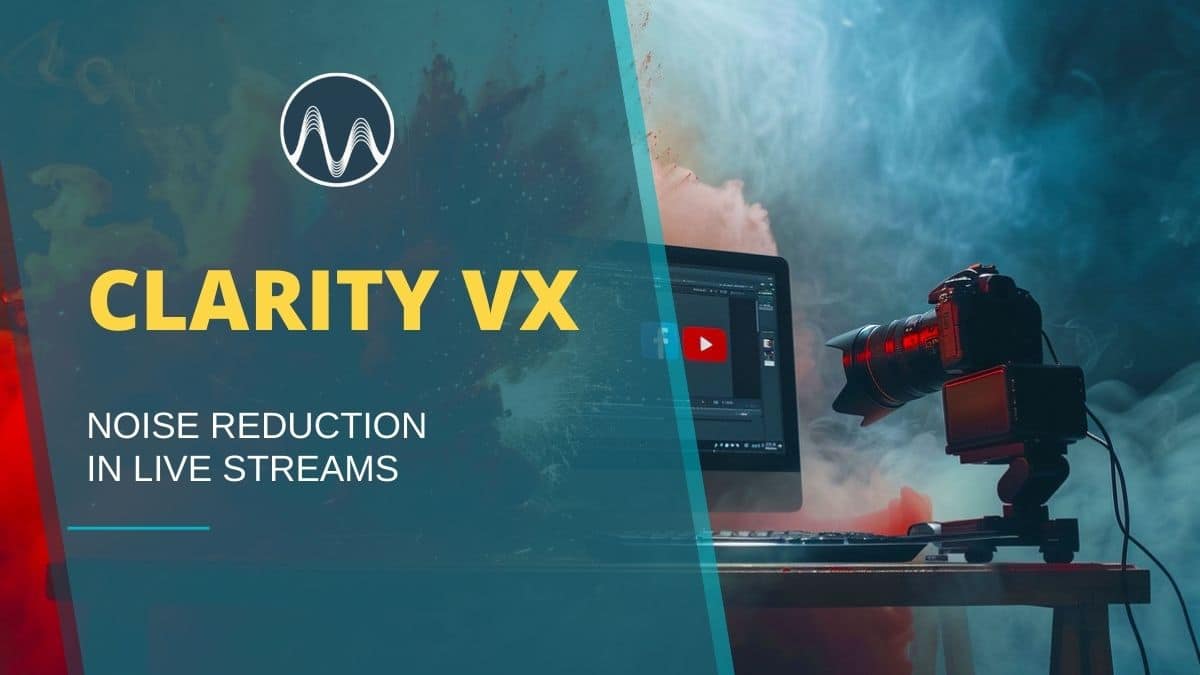
Hosts Mike Russell and Izabela Russell discuss how AI voice technology is impacting the voiceover industry. They play some audio samples to demonstrate how AI-generated voices have improved dramatically in recent years.
AI Voices Are Catching Up to Humans
- Izabela notes that out of 100 voiceover artist applications she reviews, she may only select 20 that are good enough quality. Of those 20, only 5-10 may survive as AI continues to advance.
- AI voices have improved greatly in just the last 1-3 years. Tools like ElevenLabs and Play.ht allow for multilingual voices and emotional expression selection.
- For applications like video games, AI allows for customized, dynamically generated voices tailored to the user. This reduces the need for prerecorded human voices.
Top Voiceover Artists Will Still Be in Demand
- Mike argues that truly exceptional human voice talent will still be needed, especially for premium projects. Their voices may even be cloned for future use.
- Izabela agrees the very top voices will still have a place, but many jobs like video game voice acting are likely gone. The industry will see an “enormous exodus” of voiceover artists.
- She cautions artists selling voice work on Fiverr or recording in home studios that their jobs are likely over. The industry is changing and selection will be harsh.
AI Voice Editing Capabilities Will Improve
- Mike predicts future audio/video editing will be text-based, allowing easy editing of AI voices. Emotion and delivery could be tailored via envelopes, reducing the need for multiple takes.
- Izabela counters that a skilled human producer will still be needed to direct the voice, arguing AI can’t yet match human intuition and creativity.
Ethical Considerations Around AI Voices
- Izabela points out AI companies have trained their models on hours of professional voiceover recordings, often taken freely from the internet. This raises ethical concerns.
- Mike acknowledges voiceover artists have honed their craft for years only to have their voices mimicked. But he still finds it exciting that AI can capture humanity’s collective vocal knowledge.
- Izabela argues replacing human creativity and uniqueness with AI is scary, not exciting. She worries AI will make humans lazy and diminish creativity over generations.
Cloning Voices
- Despite her concerns, Izabela reveals she has cloned her own voice and her children’s voices. This could allow them to license their voices at different ages in the future.
- She cloned her voice out of interest in how her accent would be represented. They also cloned Mike speaking other languages like French and Japanese.
Closing Thoughts
- For professional voiceover artists with exceptional voices, keep going and find your place in the new landscape. But those without training or professional gear should consider other careers.
- Can voices ever be copyrighted or held as intellectual property? Izabela says not currently, but perhaps in the future there are ways to define voice uniqueness.
- Please share your own experiences with how AI is impacting your work.




